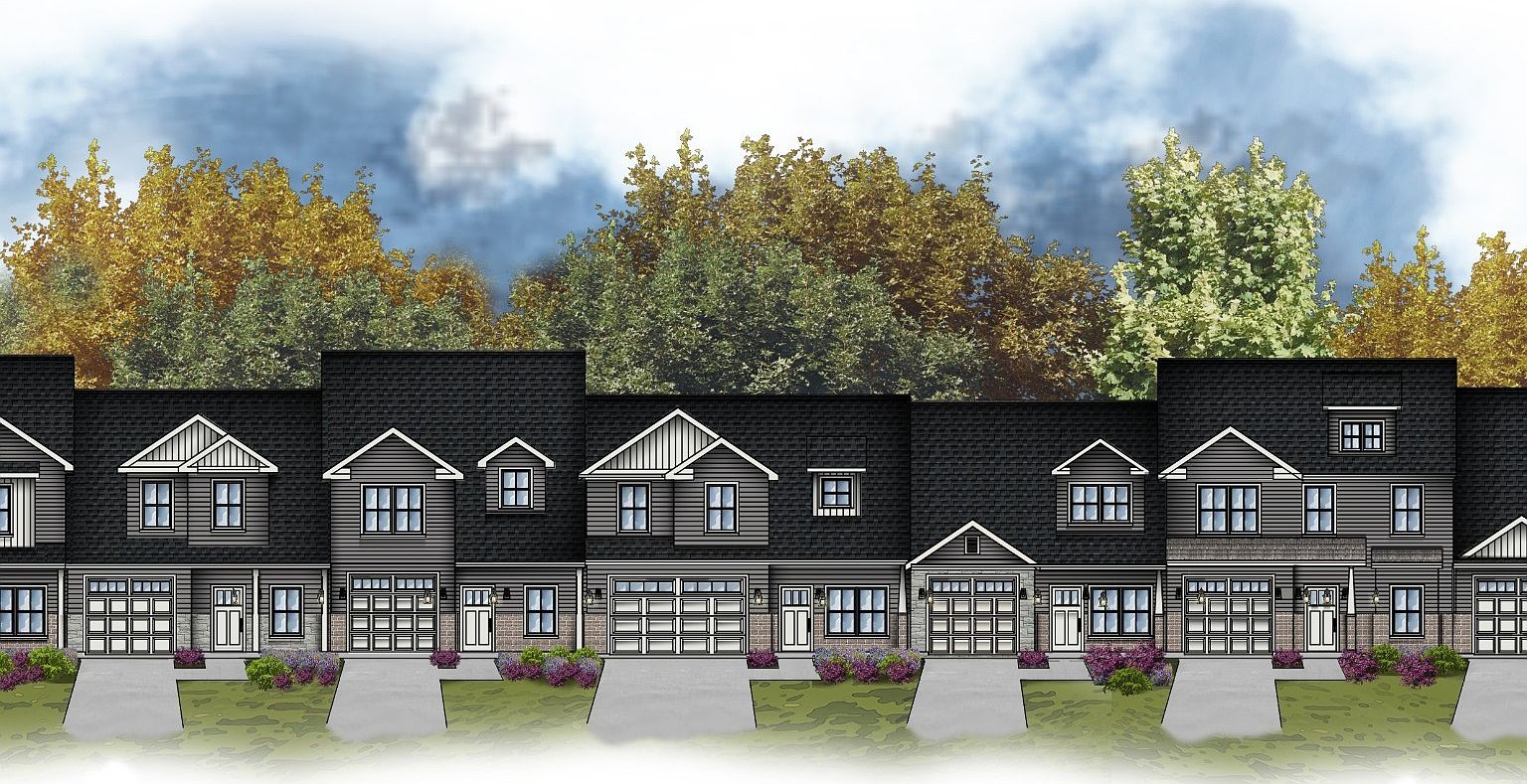Acquiring property represents one of the most important choices numerous individuals can make. It is not only a monetary commitment; it is a commitment to your lifestyle and the community. When starting this adventure, it is crucial to understand what to consider beyond just the cost. Every aspect is important, ranging from the feel of the area to the design of the house. This decision will affect your everyday life and future goals, so thorough consideration is crucial.
As you navigating the housing market, potential homeowners need to identify their priorities as well as wants. Do you want room for expansion, or maybe a cozy place and more manageable? What about how close it is to work, schools, and amenities? Understanding your needs will not only streamline the search but will also improve your experience when you picture your future in a new home. By focusing on these key considerations, you can move closer to uncovering your forever home.
Understanding Your Needs
Prior to starting your home searching adventure, it is crucial to clearly outline what you require in a residence. Take into account factors such as the size of your family, living preferences, and future plans. Assess the number of rooms and bathrooms that will fit your household adequately. Additionally, consider whether you want any special features like a workspace, a landscaped area, or accessibility options.
Site is another critical aspect to examine when assessing your needs. Evaluate the closeness to your office, educational institutions, retail areas, and activity centers. Assess the area’s security, atmosphere, and local services, as these can significantly impact your daily life. Make a list of essential features close by to ensure you select a house that matches your lifestyle.
Finally, your budget is a core consideration that immediately affects your choices. Review your financial status and determine a practical price range for your upcoming house. Factor in not just the purchase price, but also real estate taxes, protection, and upkeep expenses. Knowing your financial boundaries will assist you narrow down options and focus on properties that match both your economic capacity and your specific desires.

Site Matters
When it comes to acquiring a home, the setting is often the most fundamental factor to consider. A sought-after neighborhood can enhance your living experience, grant better access to services, and boost your property's value over time. Look for locations with good educational institutions, green spaces, shopping, and dining options. Nearness to public transportation and major highways can also increase accessibility and linkages.
Security is another critical element tied to place. Research crime rates in the locality to ensure you are moving to a community where you can feel protected. Engaging with nearby residents and exploring the locale at different times of the day can deliver insight into the overall atmosphere and safety. A lively community with welcoming neighbors can make a major difference in your experience of your recently acquired home.
Lastly, think about the potential for growth in the locale. Emerging real estate insights may provide more affordable options now but have the potential for significant appreciation in property value. Look for signs of development, such as fresh businesses, infrastructure improvements, and rising demand for housing. Finding a balance between your immediate needs with long-term investment potential can help you find the ideal location for your dream home.
Budgeting for Your Dream Home
When starting on the journey to find your ideal residence, budgeting is a vital step that should not be ignored. Establish a definite picture of your financial situation by evaluating your earnings, outgoings, and financial reserves. This will help you figure out how much you can practically allocate towards a home loan, initial payment, and other associated costs. It's essential to be honest with yourself about your financial capabilities to avoid future stress.
Consider the different costs involved in buying a house beyond the cost of the home. These can include settlement fees, appraisal costs, property taxes, homeowner's insurance, and potential renovations. You should also factor in ongoing costs such as utilities, upkeep, and homeowners association fees if relevant. Having a complete understanding of these costs will help you create a more accurate budget that aligns with your long-term financial goals.
Lastly, it’s advisable to leave room for adaptability in your budget. The real estate market can be volatile, and you may find a home that exceeds your original expectations. Having a buffer in your finances will ensure that you can take advantage of great offers without overextending yourself. By being proactive and thorough with your budgeting, you’ll be better prepared to make knowledgeable decisions and secure the home that truly seems like yours.
